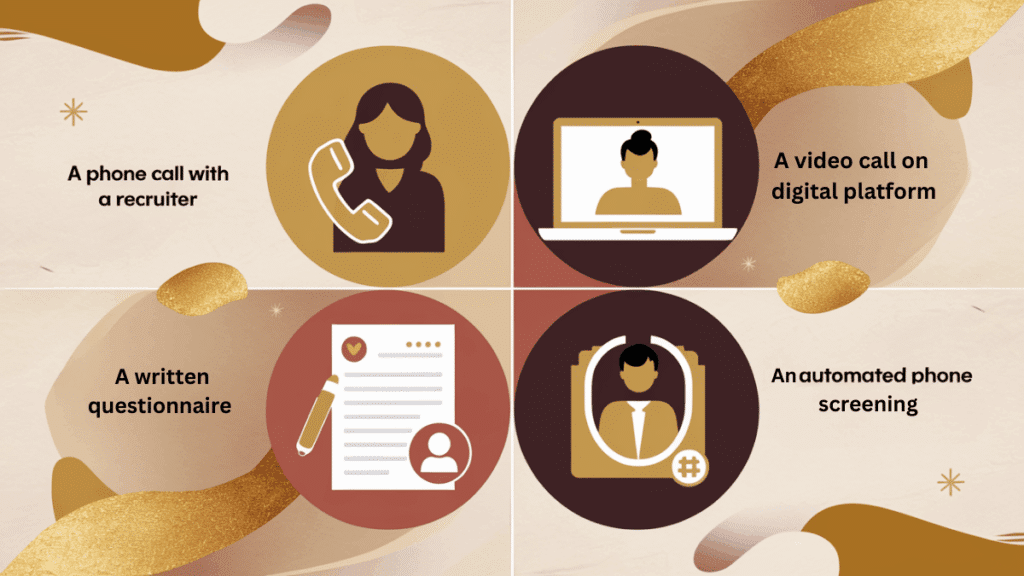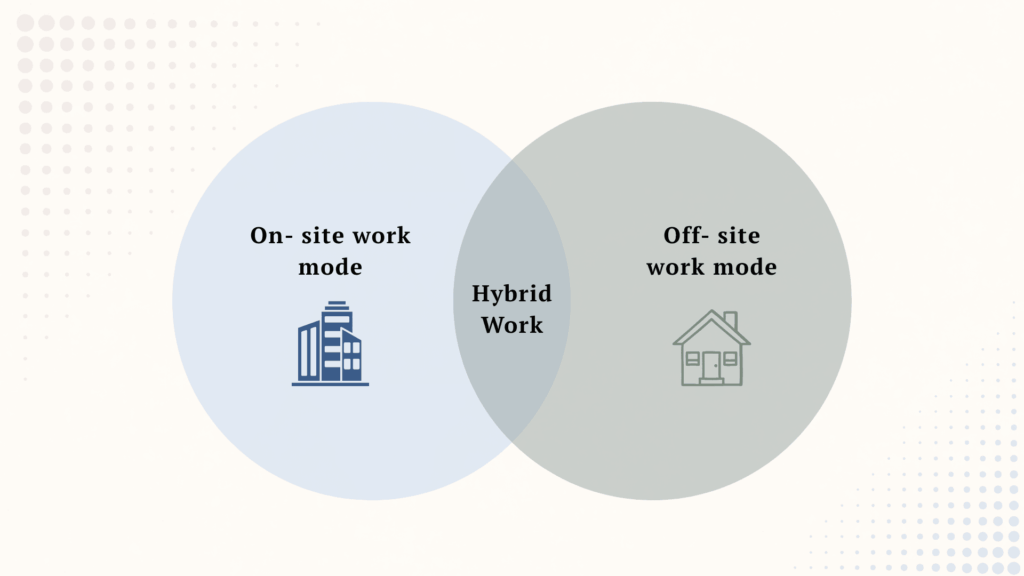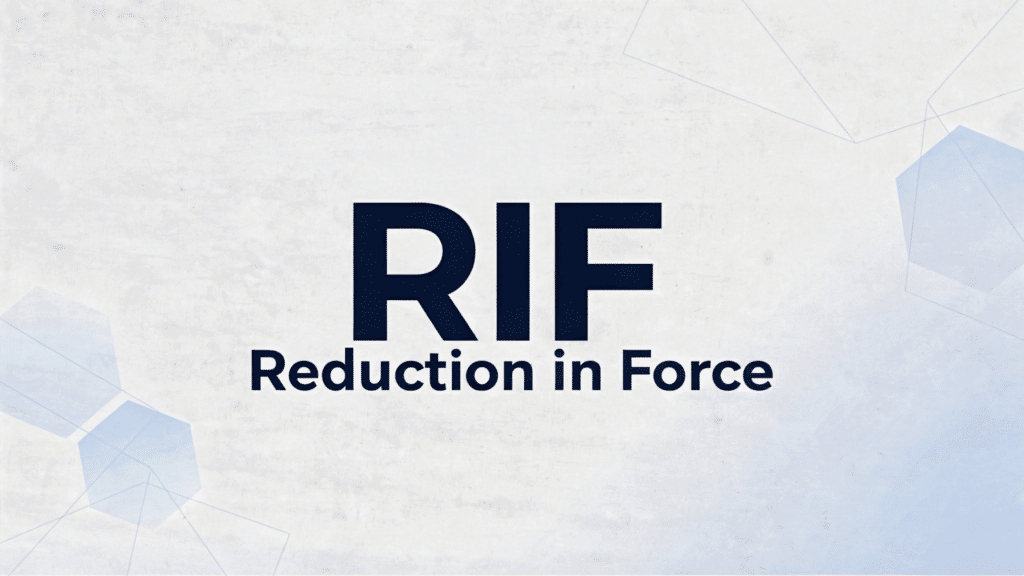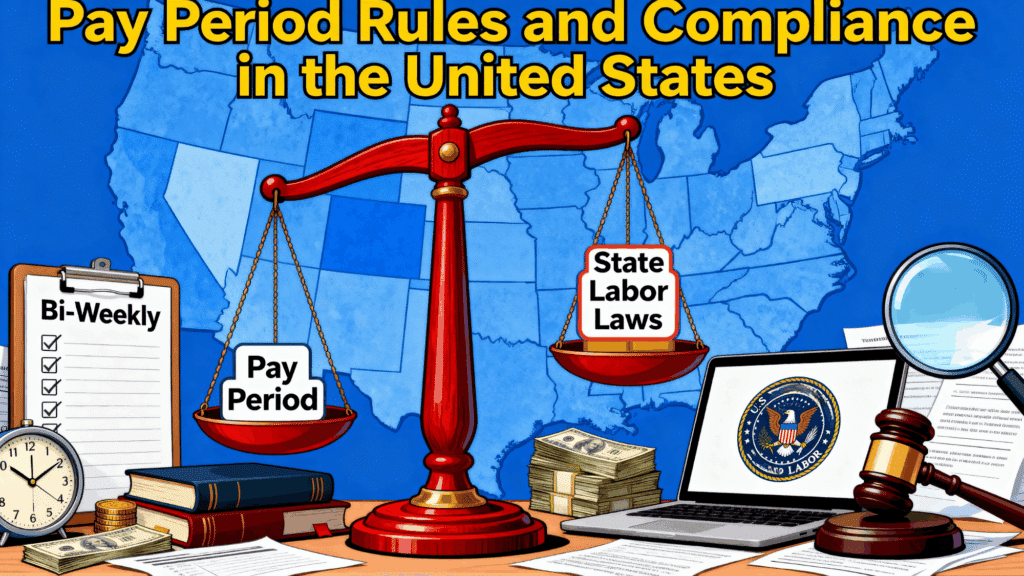The job market has become more competitive with remote work and high hiring volumes.
Employers now rely on pre-screening interviews to quickly identify strong candidates.
A pre-screening interview is a short conversation between an employer and a candidate that happens before the main interview process.
It helps both sides decide if moving forward makes sense.
You’ll find everything you need from the purpose and process of pre-screening interviews to sample questions and preparation advice for recruiters and job seekers.
What Is Pre-Screening?
A pre-screening interview is a short call or video chat, usually lasting 15 to 30 minutes, held early in the hiring process to confirm basic qualifications and overall fit.
Employers use it to filter candidates, verify important details such as salary anticipations and availability, and assess communication skills and cultural fit.
For candidates, it provides a chance to learn about the role and company, show enthusiasm early, and avoid spending time on positions that aren’t a good match.
Pre-screening can include phone calls, video interviews, online questionnaires, or automated recordings.
These interviews are intentionally brief so employers can quickly decide who should move forward to detailed interviews.
Different Types of a Pre-Screening Interview

Pre-screening interviews can take different forms depending on the company and the role.
Each format serves the same purpose, helping employers quickly assess if a candidate is a good fit.
1. Phone Calls
The most common format is a phone call with a recruiter or hiring manager.
These calls are short, straightforward, and focused on verifying qualifications, availability, and interest in the role.
2. Video Calls
Video interviews, often conducted through platforms like Zoom or Microsoft Teams, are increasingly popular, especially for remote positions.
They allow for clearer communication and help build a stronger connection than phone calls alone.
3. Written Questionnaires
Some companies prefer using written questionnaires or online surveys in place of live conversations.
These usually ask about your work experience, salary expectations, and availability, making it easy to screen large numbers of applicants at once.
4. Automated Phone Screenings
In high-volume industries such as retail or customer service, automated phone screenings may be used.
Candidates respond to pre-recorded questions, but this method is less common and typically reserved for mass hiring.
Read more about Reduction in Force procedures, employee rights, and employer responsibilities.
Common Pre-Screening Interview Questions
Pre-screening interview questions fall into four main categories, each serving a specific purpose in the evaluation process.
For more sample questions and detailed answers, you can download the complete PDF here.
Experience and Skills Questions
These questions focus on your work history, key accomplishments, and relevant qualifications for the specific role for which you’re applying.
1. “Tell me About Your Recent Work Experience Relevant to This Role.”
This question tests whether you can connect your background to their needs clearly and concisely.
Focus on the most relevant 2-3 experiences rather than your entire career history.
2. “What are Your Strongest Skills for This Position?”
Choose skills that directly match the job requirements and be prepared to give brief examples of how you’ve used them successfully.
Motivation and Goals Questions
These questions reveal your genuine interest versus just seeking any job. Motivation and goals questions help employers see why you’re interested and if your goals match what they’re offering.
3. “Why are You Interested in This Company and Role?”
This reveals whether you’ve done basic research and have a genuine interest.
Mention specific aspects of the company or role that appeal to you.
4. “What Are You Looking for in Your Next Position?”
Be honest about your career goals while showing how this opportunity fits into your plans.
Logistical Questions
Logistical questions cover practical considerations like salary, availability, notice periods, and any special needs such as travel or relocation that might affect your acceptance or success in the role.
5. “What are Your Salary Expectations?”
Research market rates beforehand and provide a realistic range rather than a specific number.
You can also ask about their budget for the role.
6. “What is Your Availability and Notice Period?”
Be clear about when you can start and any constraints on your schedule.
If you need to give two weeks’ notice, say so upfront.
Cultural Fit and Soft Skills Questions
Cultural fit and soft skills questions gauge how well you’ll work with their team and environment, assessing your communication, work style, and values.
7. “What Type of Work Environment Do you Prefer?”
Describe environments where you’ve been most productive and happy.
Try to align your preferences with what you know about their culture.
8. “How do you Handle Working Under Pressure or Tight Deadlines?”
Give a specific example that shows your ability to manage stress and deliver results when needed.
How to Conduct an Effective Pre-Screening Interview?
Effective pre-screening begins with clear criteria to ensure every candidate is evaluated fairly.
Employers should ask consistent questions, stay focused on the essentials, and clearly explain the next steps so candidates know what to expect.
Candidates, in turn, should review their resume and prepare concise examples that show their key skills and achievements.
Researching the company beforehand helps demonstrate genuine interest. Being clear about salary,
availability, and other logistics shows professionalism, and showing enthusiasm can leave a lasting positive impression.
Pre-Screening Mistakes and How to Avoid Them?
Pre-screening interviews, while efficient, still, candidate can make mistakes that hurt their chances.
By being aware of common pitfalls, you can handle the process smoothly and avoid issues that may affect hiring decisions.
Common mistakes include:
-
Rambling Responses: Long answers waste time and prevent covering key points.
-
Lack of Research: Not knowing basic information about the company or role suggests poor preparation.
-
No Questions Asked: Failing to ask questions can make you appear disengaged and uninterested.
Also Read About: Top Corporate Training Programs for Skill Growth
What is Candidate Screening?
Candidate screening is the larger process of evaluating applicants, which includes resume reviews, pre-screening interviews, and sometimes skills assessments.
Its purpose is to fairly and efficiently identify the best candidates for further stages of hiring.
For job seekers, understanding candidate screening helps in designing resumes, preparing for pre-screening conversations, and setting realistic expectations about the process
Interview vs Pre-Screening
While both pre-screening and full interviews are important parts of the hiring process, they serve very different purposes.
Pre-screening is meant to quickly filter candidates, while full interviews focus on deeper evaluation.
The table below highlights the key differences between the two.
| Aspect | Pre-Screening Interview | Full Interview |
|---|---|---|
| Purpose | Filters candidates based on basic qualifications, interest, and logistics | Determines final hiring decision by assessing skills and fit |
| Depth | Surface-level questions about experience, availability, and expectations | In-depth discussion of technical skills, detailed experiences, and problem-solving abilities |
| Who Conducts It | Usually, a recruiter or HR representative | Hiring manager, team members, or panels |
| Format | Short one-on-one call (phone or video) | Multiple rounds, often longer, sometimes including tests or presentations |
| Duration | 15–30 minutes | 45 minutes to several rounds over days or weeks |
Conclusion
For job seekers, these interviews offer a valuable opportunity to make a strong first impression, gain insight into the role and company, and evaluate whether the position aligns with their career goals.
Proper preparation, including reviewing common questions, researching the company, and clarifying availability and salary expectations, ensures a smoother and more effective process for both parties.
Clear communication, professionalism, and realistic expectations lead to better outcomes
Ready to improve your pre-screening performance?
Share your experiences or tips in the comments below and help others prepare!
Frequently Asked Questions
Can a Pre-Screening Interview Be Conducted Over Email?
Yes, some companies use email or online surveys for pre-screening, especially for high-volume hiring. Candidates answer questions about their qualifications, availability, and expectations to quickly filter out unsuitable applicants.
What Happens After a Pre-Screening Interview?
Successful candidates move on to a more detailed interview, where hiring managers assess technical skills and cultural fit. Unsuccessful candidates are notified that they won’t proceed further in the process.
How Can I Stand Out in a Pre-Screening Interview?
Be clear, concise, and enthusiastic about your qualifications. Focus on the role’s key requirements and ask insightful questions to show your genuine interest in the company and the position.
Can a Pre-Screening Interview Result in an Immediate Job Offer?
It’s rare, but possible in high-demand industries. Typically, pre-screening interviews help filter candidates, and job offers are extended after more detailed interviews to assess fit and qualifications further.










